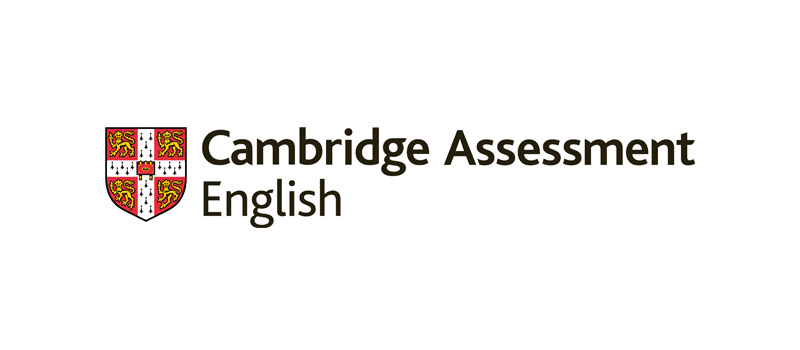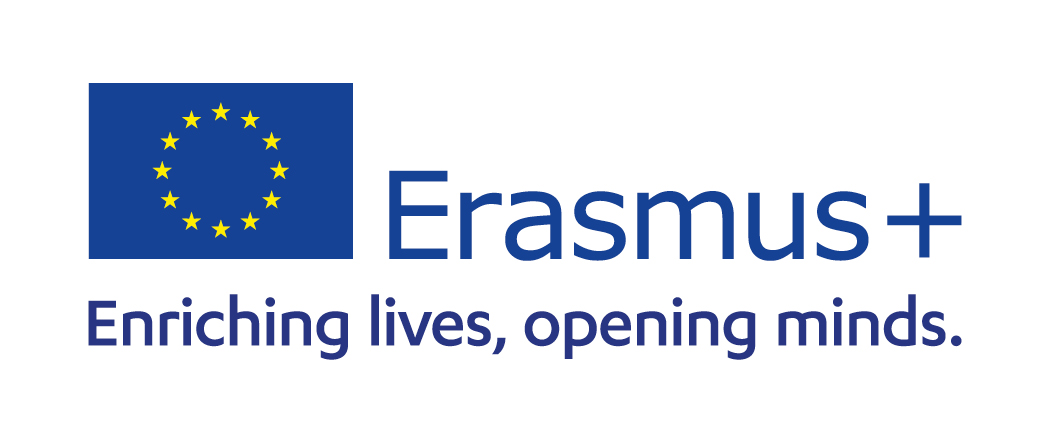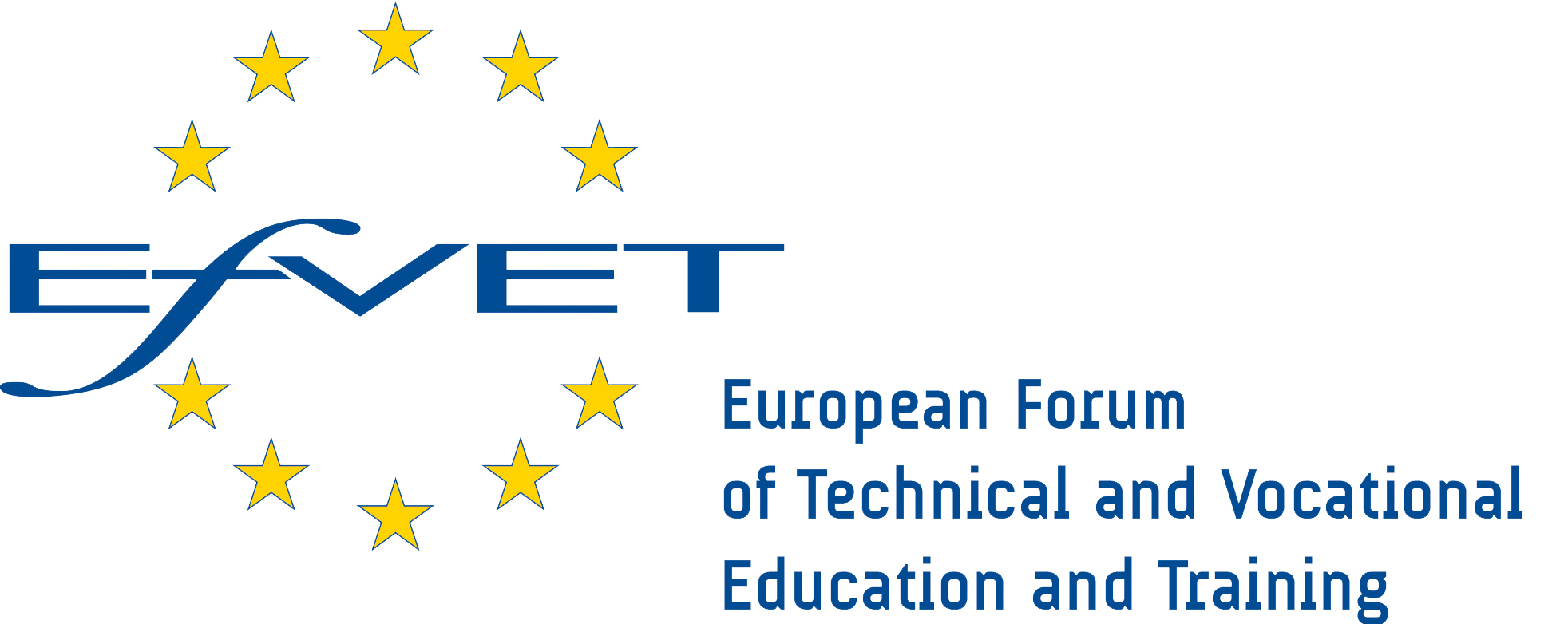5 reasons why OET is your best route to working in the UK
The Occupational English Test is the only healthcare-specific test that is internationally recognised. OET can help healthcare professionals achieve their dream of working in the UK. At Foyle, we offer OET to a range of healthcare professions, including Doctors and Nurses – supporting their dream of working in the UK.
Here are some reasons why OET is the best route to working in the UK:
1. OET has been designed for you – a healthcare professional
OET Exams are designed with you and your healthcare profession in mind. For example, Nurses will sit an OET exam specifically for Nurses, whilst Doctors will sit an OET exam specifically for Doctors. This is the same for all 12 healthcare professions.
This is important because the language and the scenarios covered in the example will be familiar to you as a healthcare profession. For example, the Nursing Speaking exam will be a role play of a patient presenting symptoms. The aim of OET is to assess how well you can communicate with patients and other healthcare staff.
Compare this with other English tests i.e. IELTS – you may be writing an essay about global warming, and speaking to the examiner about your dream holiday!

2. OET can be used for registration with your healthcare provider AND for your work permit
OET is accepted by the Nursing and Midwifery Council (NMC), General Medical Council (GMC) as well as other healthcare regulators in the UK.
OET is also accepted by UKVI (the UK Border Agency) for Tier 2 Health & Care visas. This is also known as a work permit.
3. Prepare for success in your UK career
OET Preparation Courses are designed to prepare you in your UK career as a nurse, doctor or other healthcare profession.
OET is preparing you for work in an English-speaking medical environment.
OET for Nurses | OET for Doctors | OET for Healthcare Professionals
See Zambian nurse, Muulos OET success story below:
4. UK employers value OET
We know that healthcare professionals sitting the OET exam have the ultimate goal of working in the UK (or other English-speaking countries).
As OET is accepted by various healthcare regulators, many NHS Hospitals, Trusts and private healthcare providers actively encourage their overseas recruits to take OET.
5. OET is always evolving to meet the needs of the healthcare industry.
OET has frequently adapted the exam in order to address the needs of the healthcare industry and regulators around the world.
For example, some of the skills tested in the OET exam include:
- The candidate’s information-sharing ability with patients
- Summarizing clinical notes
- How well the healthcare professional can explain technical language to a patient in order for them to understand
In addition, OET has a range of different accents in the Listening test. For example, you may be listening to a consultant from Australia discussing research findings, whereas in the next section you could be listening to a doctor from Scotland talking to a patient.
For more information about OET preparation courses or the OET exam at Foyle International, please get in touch at info@foyle.eu







